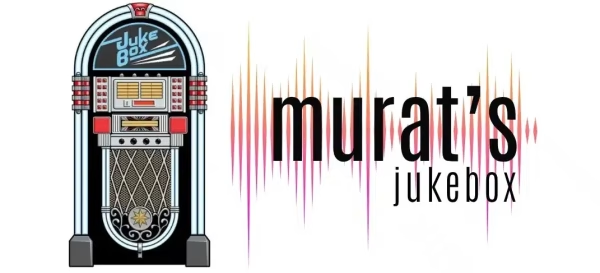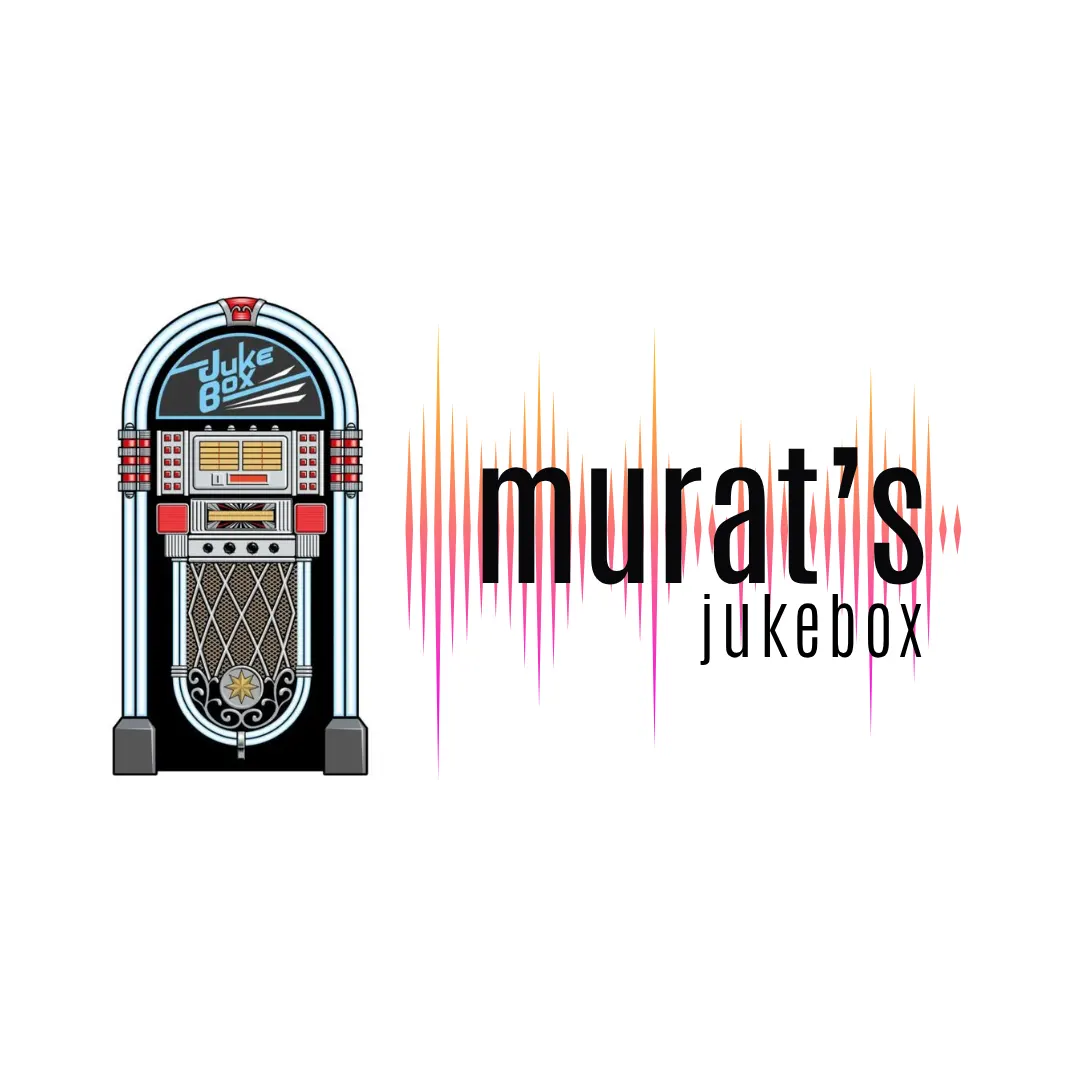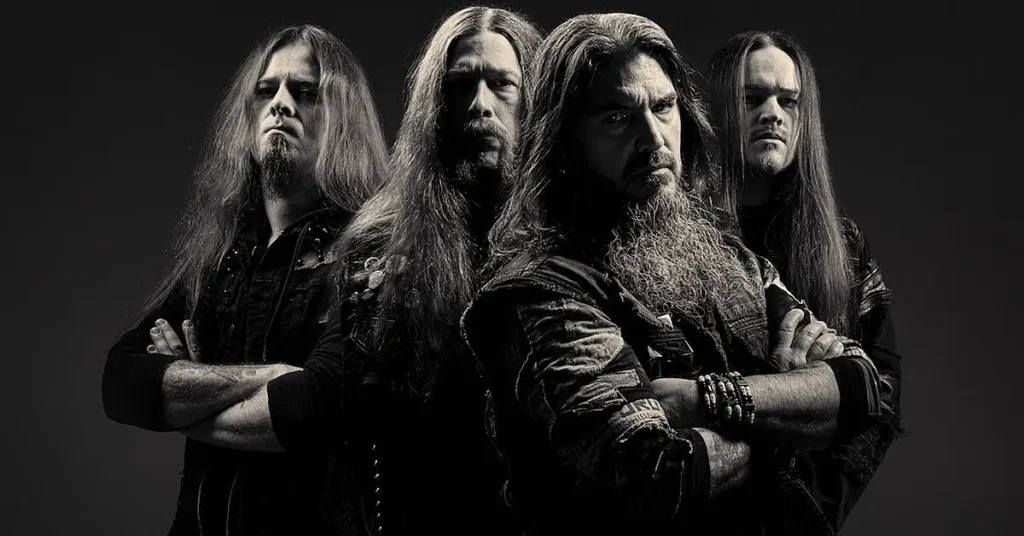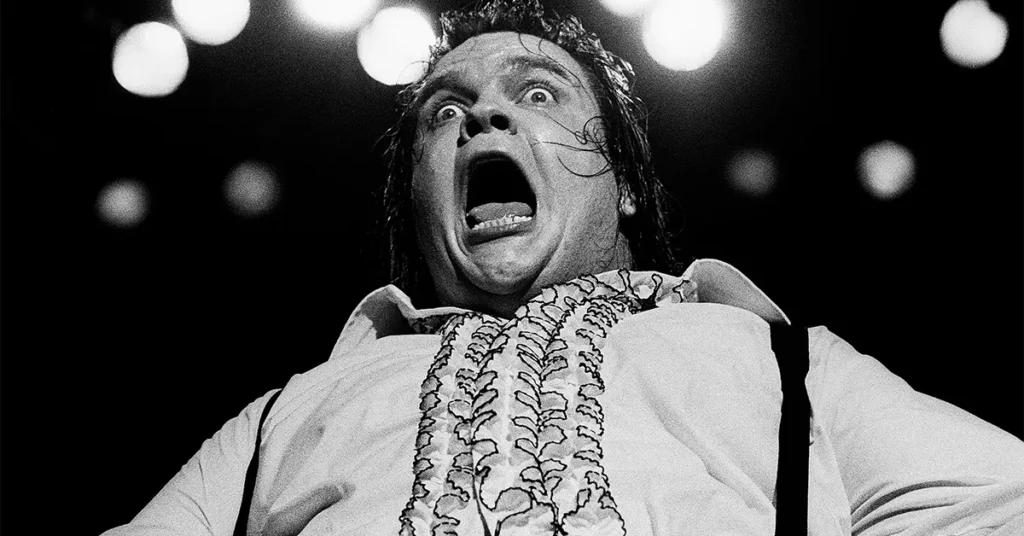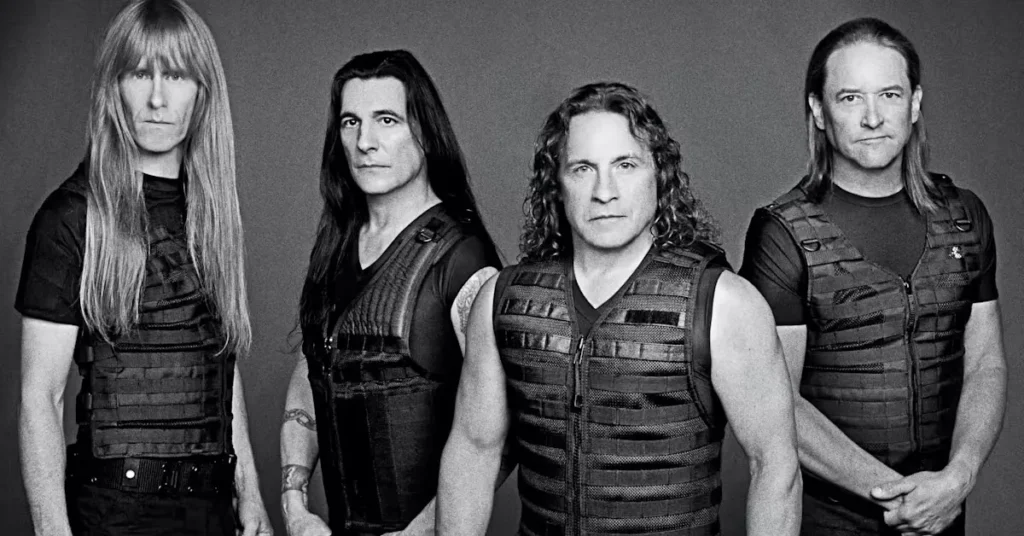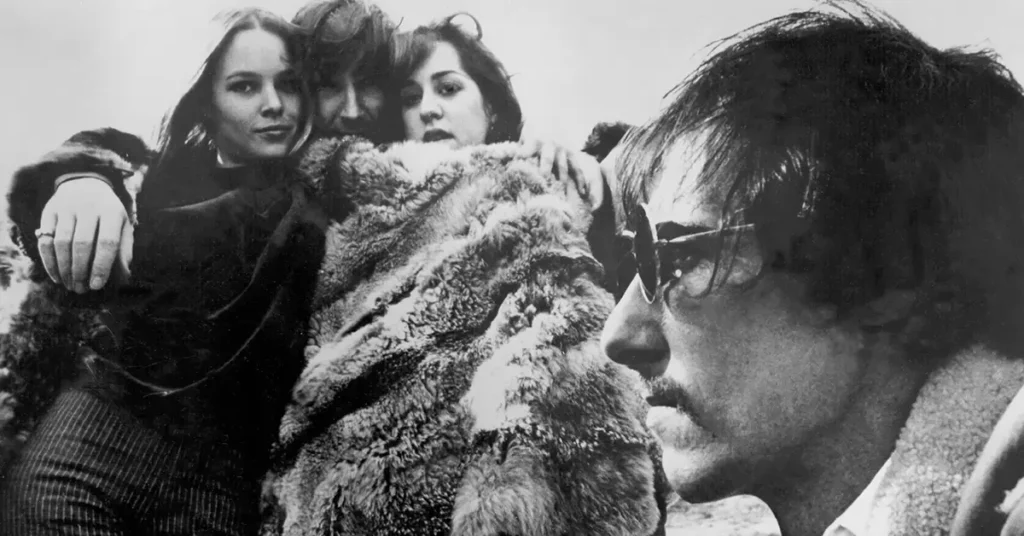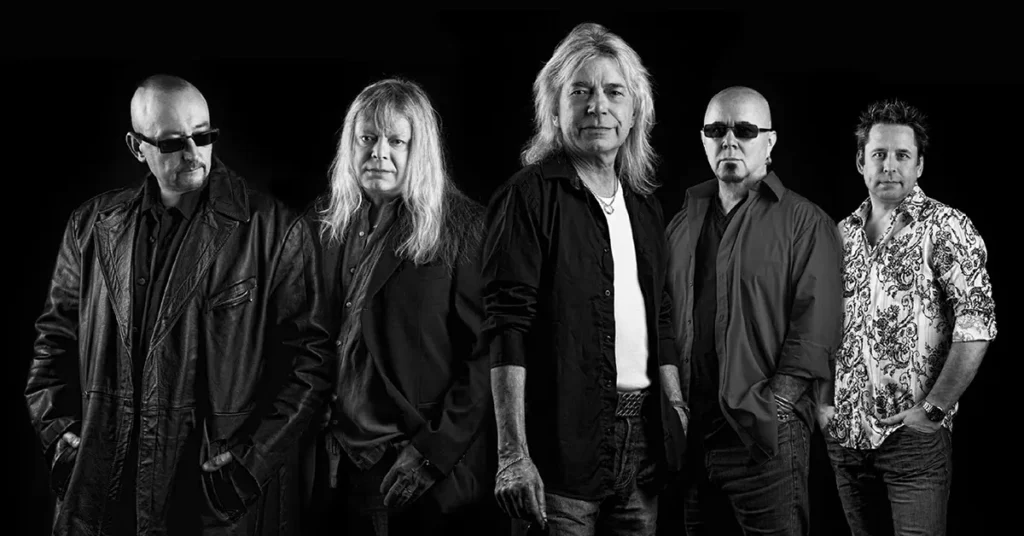Machine Head: Relentless Evolution in Modern Metal
Machine Head. Introduction: A Band That Refused to Stand Still
Since their emergence in the early 1990s, Machine Head has carved a path defined by intensity, experimentation, and uncompromising vision. Fronted by the charismatic and often polarizing Robb Flynn, Machine Head has undergone numerous stylistic transformations—embracing groove metal, nu-metal, thrash, and progressive influences—without ever losing the aggressive core of their sound. They are not just survivors in a turbulent industry; they are innovators who constantly challenge the boundaries of heavy music.
Machine Head. Formation and Early Days (1991–1993)
Machine Head was formed in 1991 in Oakland, California, by Robb Flynn after his departure from the thrash band Vio-lence. Flynn envisioned a heavier, more groove-oriented sound that reflected his frustration with both personal struggles and the state of the world.
Original lineup:
- Robb Flynn – vocals, guitar
- Logan Mader – lead guitar
- Adam Duce – bass
- Tony Costanza – drums (soon replaced by Chris Kontos)
After a short period of DIY shows and demos, Machine Head signed with Roadrunner Records.
Burn My Eyes (1994): A Modern Groove Metal Classic
Machine Head’s debut album, Burn My Eyes, was an instant classic in the emerging groove metal scene, taking cues from Pantera, Sepultura, and Biohazard.
- Songs like “Davidian” and “Old” showcased downtuned guitars, pummeling drums, and politically charged lyrics.
- “Let freedom ring with a shotgun blast!” from “Davidian” became an iconic rallying cry in metal.
- The album was a massive success in Europe, particularly in the UK.
This debut cemented Machine Head as one of the most important new voices in ’90s metal.

The More Things Change… (1997) and Internal Shifts
With drummer Dave McClain replacing Chris Kontos, the band’s sophomore effort was darker and more abrasive.
- Tracks like “Ten Ton Hammer” and “Take My Scars” featured heavier riffs and themes of betrayal and social decay.
- While it didn’t replicate the debut’s impact, it showed growth and a refusal to stagnate.
The Nu-Metal Detour: The Burning Red (1999) and Supercharger (2001)
Machine Head’s most controversial period came with a drastic shift in sound. Influenced by the popularity of nu-metal, the band embraced:
- Hip-hop vocal cadences
- Clean singing and electronic elements
- Aesthetic changes (including Robb Flynn’s cornrows and eyeliner)
The Burning Red (1999)
- Featured a cover of The Police ’s “Message in a Bottle”
- Divided fans and critics; some praised the evolution, others called it a betrayal.
Supercharger (2001)
- Released shortly after 9/11, the lead single “Crashing Around You” was pulled from rotation due to its imagery.
- Commercially disappointing and critically maligned, the album nearly ended the band’s career.
Return to Heaviness: Through the Ashes of Empires (2003)
After being dropped by Roadrunner in the U.S., Machine Head roared back with one of their strongest albums:
- Songs like “Imperium”, “Days Turn Blue to Gray”, and “Vim” marked a return to crushing riffs and personal lyrics.
- Gained critical acclaim and earned them a new U.S. record deal.
Peak Era: The Blackening (2007)
Widely regarded as their masterpiece, The Blackening is a modern metal landmark.
- Eight epic, intricately structured songs full of technical precision and political rage.
- Highlights: “Halo,” “Aesthetics of Hate,” “Now I Lay Thee Down”
- Nominated for a Grammy Award and universally praised as a return to greatness.
- Combined thrash, progressive metal, and melodic sensibility.
Machine Head toured extensively with Metallica, Slayer, and Heaven & Hell, and became festival headliners.
Continuing Reinvention: Unto the Locust (2011) and Beyond
Following the success of The Blackening, the band leaned even further into progressive and symphonic elements.
Unto the Locust (2011)
- Focused on complex arrangements and soaring melodies.
- Tracks like “Locust”, “This is the End”, and “I Am Hell” demonstrated their musical range.
Bloodstone & Diamonds (2014)
- First album without bassist Adam Duce (fired in 2013).
- Touched on themes like global corruption and environmental collapse.
Catharsis (2018): A Divisive Experiment
Machine Head’s ninth album divided fans and critics once again.
- Combined metalcore with rap-metal, ballads, and industrial elements.
- Songs like “Bastards” featured spoken-word verses and political commentary.
- Some hailed its ambition, while others called it unfocused.
Shortly after, longtime members Phil Demmel (guitar) and Dave McClain (drums) left the band, prompting a major lineup overhaul.
Rebirth and Of Kingdom and Crown (2022)
With a new lineup featuring:
- Wacław “Vogg” Kiełtyka (from Decapitated) – lead guitar
- Matt Alston – drums
Machine Head returned with a concept album inspired by Japanese anime (Attack on Titan).
Of Kingdom and Crown (2022)
- A 13-track narrative album exploring loss, vengeance, and redemption.
- Songs like “Choke on the Ashes of Your Hate”, “Unhallowed”, and “Slaughter the Martyr” were hailed as a return to form.
- Fused the storytelling of The Blackening with modern heaviness.
Machine Head. Musical Style and Themes
Machine Head’s music has spanned multiple subgenres:
- Groove metal
- Thrash metal
- Nu-metal
- Progressive metal
- Metalcore
Machine Head. Recurring themes:
- Inner turmoil
- Political injustice
- Religion and hypocrisy
- Personal resilience and self-destruction
Machine Head. Discography (Studio Albums)
- Burn My Eyes (1994)
- The More Things Change… (1997)
- The Burning Red (1999)
- Supercharger (2001)
- Through the Ashes of Empires (2003)
- The Blackening (2007)
- Unto the Locust (2011)
- Bloodstone & Diamonds (2014)
- Catharsis (2018)
- Of Kingdom and Crown (2022)
Legacy: A Band Unafraid to Evolve
Machine Head’s legacy is one of creative risk-taking, resilience, and evolution. Few bands in modern metal have experienced such highs and lows, yet maintained such a fierce dedication to their craft. Robb Flynn’s unapologetic approach has kept the band relevant for over three decades, proving that heavy music can evolve without losing its soul.
